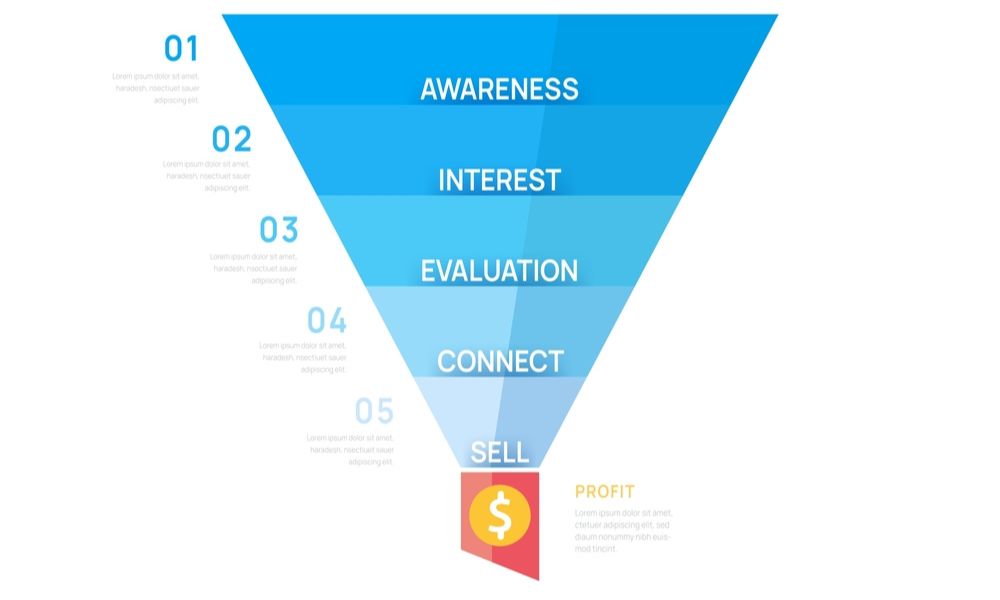Creating a business plan for your construction company is one of the most essential steps to ensure long-term success. Whether you’re launching a new business or looking to expand an existing one, a well-crafted business plan acts as your roadmap. It helps you clarify your goals, identify potential obstacles, and assess the viability of your business strategies. In this comprehensive guide, I’ll walk you through the key elements of a construction company business plan, helping you lay the foundation for your company’s growth.
What You Will Learn in the Next Few Minutes:
- The Importance of a Business Plan in Construction
- Key Components of a Construction Business Plan
- Step-by-Step Guide on Writing Your Business Plan
- Tips for Market Analysis and Competitor Research
- Financial Planning: A Critical Element
- How to Set Clear Goals and Objectives for Your Company
- Branding Your Construction Business and Marketing Strategies
- Using Your Business Plan for Investor Attraction and Funding
Introduction: Why a Business Plan Matters for a Construction Company
When I started my journey in the construction industry, I realized quickly that success doesn’t happen overnight. Having a clear and actionable business plan was crucial to turning my vision into a reality. A business plan is not just about securing funding; it’s about understanding the market, planning for growth, and staying organized through each phase of your business journey.
A construction business plan outlines your strategies, resources, goals, and market approach. It also helps you evaluate risks, costs, and potential growth opportunities. Whether you’re an established contractor or a new entrepreneur in Perth, Western Australia, having a detailed business plan is a must.
Key Components of Your Construction Business Plan
Let’s dive into the core sections of a business plan that are especially important for the construction industry.
1. Executive Summary
This is the first and most crucial section of your business plan. Even though it appears first, you’ll write it last. The executive summary provides a snapshot of your entire business plan, so it’s essential to include:
Business Concept:
- A brief description of what your construction company does.
- Company Mission and Vision:What are your company’s long-term goals?
- Target Market and Customer Base: Who are your ideal clients?
- Projected Revenue: What are your short-term and long-term financial projections?
- Request for Funding: If you’re seeking external investment, mention how much you need and what it will be used for.

2. Company Description
This section explains what makes your construction business unique. You’ll want to cover:
Legal Structure:
Sole proprietorship, partnership, LLC, etc.
Industry and Location:
Describe your specific niche within the construction industry and where you’re operating (e.g., Perth, Western Australia).
Your Company’s Mission:
What drives your business? Whether it’s quality, reliability, or safety, define your core values.
Objectives and Short-Term Goals:
What are you aiming to accomplish in the next year? Long-term goals should extend one to five years.
3. Market Research and Analysis
A solid understanding of your market and competition is essential. This section should include:
Market Size and Demand:
How big is the market for your services? Use industry reports and data to validate your assumptions.
Target Market:
Define your ideal customer by identifying key demographics like age, income level, location, and job type.
Competitor Analysis:
Who are your competitors in Perth and beyond? What are their strengths and weaknesses? How will you differentiate your services?
4. Services and Products
Outline the services you offer and explain how they address your clients’ needs. You might focus on commercial construction, residential projects, or both. Include:
Core Services:
General contracting, project management, design-build services, etc.
New Products or Services:
Will you be offering specialized services like sustainable construction or smart home technology?
Pricing Strategy:
Explain how you will price your services and what makes your pricing competitive.
5. Marketing and Sales Plan
Even in the construction industry, marketing is key to expanding your business. Your marketing strategy should outline how you will:
Promote Your Services:
Utilize online platforms, SEO, PPC advertising, and social media to showcase your completed projects.
Branding:
Develop a strong brand that communicates trust, reliability, and excellence.
Sales Strategy:
How will you convert leads into clients? Include networking, referrals, or industry partnerships.
Customer Retention:
How will you ensure clients return for future projects?

6. Management and Operations Plan
A clear organizational structure is vital for smooth operations. This section should describe:
Your Team:
Who is in charge of project management, finance, and operations? Do you need subcontractors or skilled workers?
Business Structure:
Who handles day-to-day operations? Provide details about key personnel and their responsibilities.
Workflow and Processes:
How will you execute projects from bidding to completion? This includes procurement, scheduling, and delivery.
7. Financial Plan
This section covers your business’s financial health and projections. You should include:
Startup Costs and Funding Needs:
How much money is needed to start or expand your business?
Income Statement and Profit Projections:
Estimate your revenue, costs, and profits over the next 1-3 years.
Break-even Analysis:
When do you anticipate covering your initial investment and generating profits?
Cash Flow Management:
Construction projects often involve delayed payments, so a well-thought-out cash flow plan is essential for smooth operations.
If you’re looking to attract investors, having clear financial statements is critical. It demonstrates that you understand the financial side of your business and are prepared for future growth.
Step-by-Step Guide to Writing Your Construction Business Plan
Writing a construction business plan can feel overwhelming, but breaking it down into manageable steps makes it more achievable. Here’s a step-by-step approach to help you create your plan:
Start with the Executive Summary:
Begin by summarizing the key points from each section. Once your business plan is complete, revisit this section to refine it.
Define Your Company’s Mission and Vision:
Think about your long-term business goals, both personally and professionally.
Research Your Market and Competition:
Gather as much data as possible to validate your assumptions and refine your strategies.
Outline Your Services:
Clearly define what you offer, the pricing model, and how it benefits your customers.
Create a Financial Plan:
Use spreadsheets and financial software to project your revenue and expenses.
Develop Marketing and Sales Strategies:
Determine how you will attract clients, from advertising to networking.
Refine Your Operations and Management Structure:
Define your business processes, staffing needs, and project workflows.

Additional Tips for Writing a Winning Construction Business Plan
Invest Time in Market Research:
Construction is a competitive industry. Understand the trends and shifts in your market. Stay informed about changes in building codes, technology, and sustainability trends.
Focus on Project Management:
Highlight your ability to deliver projects on time and within budget. Investors and clients value efficiency and reliability.
Build a Strong Team:
A successful construction company depends on the people behind it. Detail the qualifications of your management team and workforce.
Review Your Financials:
Keep your financial projections realistic, but ambitious. Investors want to see solid numbers, especially when it comes to cash flow.
Conclusion: Using Your Business Plan to Achieve Success
A well-drafted business plan not only serves as a tool for securing funding but also becomes the backbone of your company’s growth. It’s your roadmap to success, ensuring that you stay on track as you scale your construction business.
If you’re ready to take your business to the next level, I encourage you to get started today. And if you’re interested in building a strong brand for your construction company, consider using our professional branding design services.
Get a Free Sample of our branding designs to see how we can help you build a powerful, professional identity for your business.
Remember, a solid business plan today sets the foundation for your construction company’s success tomorrow. Happy planning!


